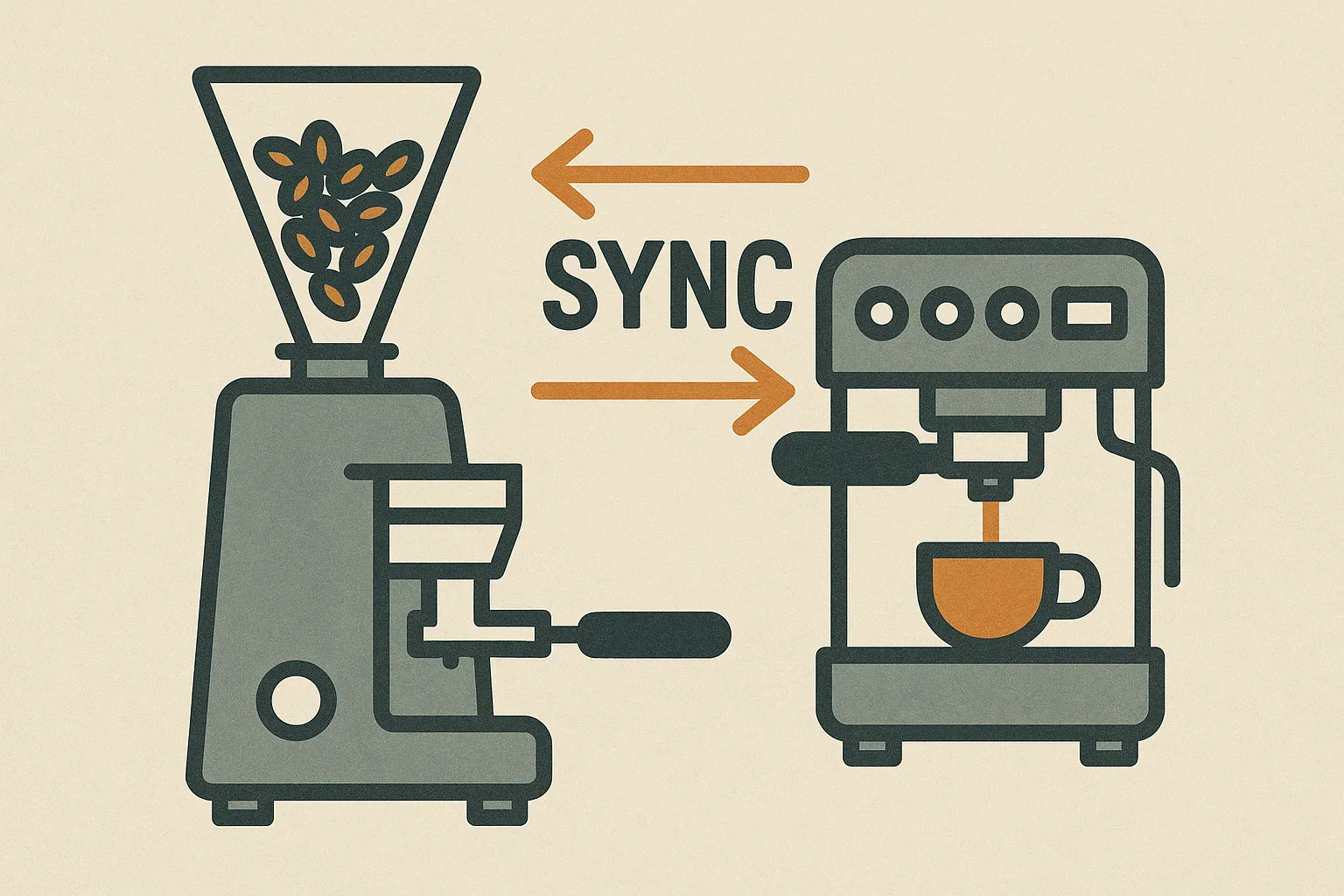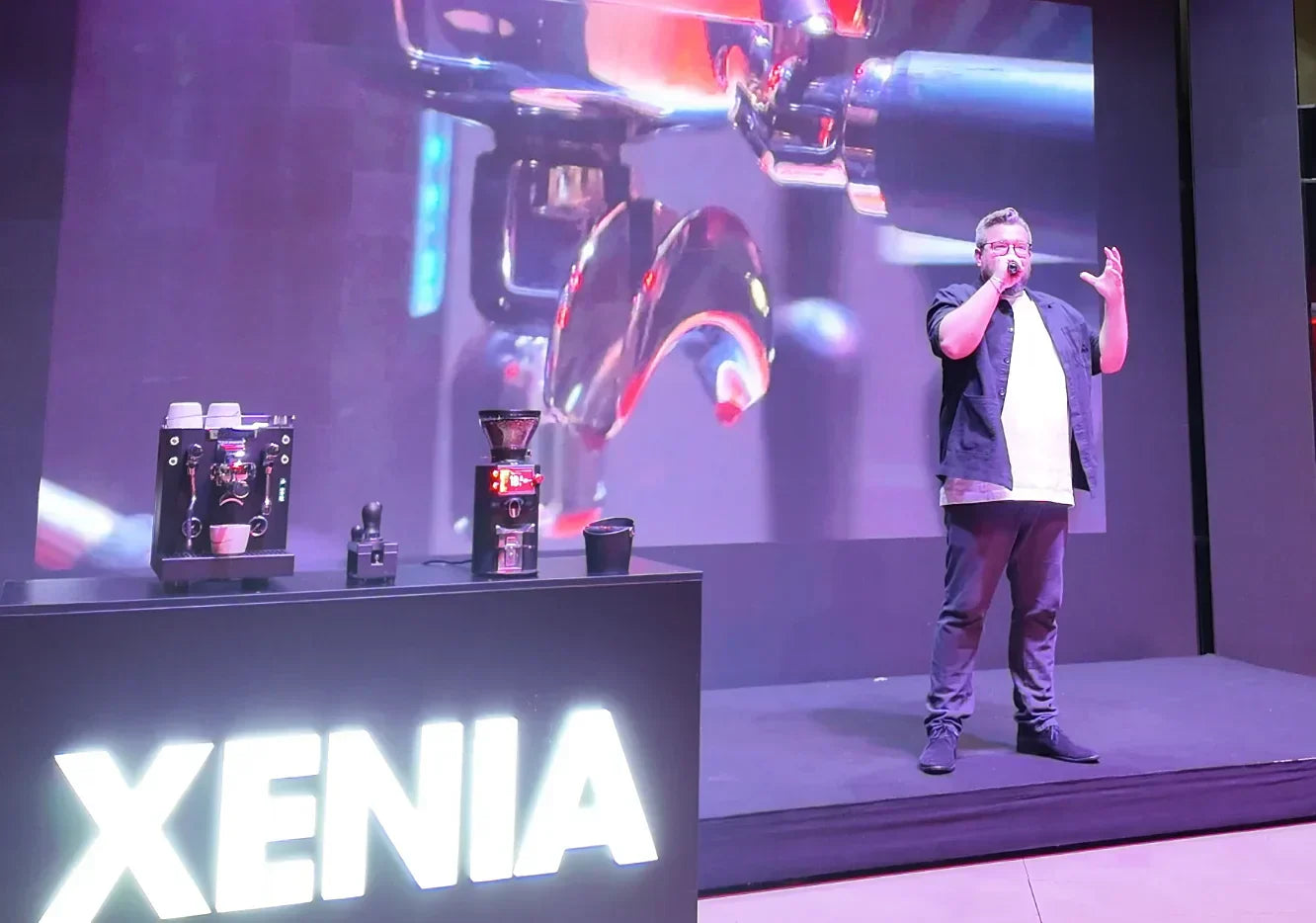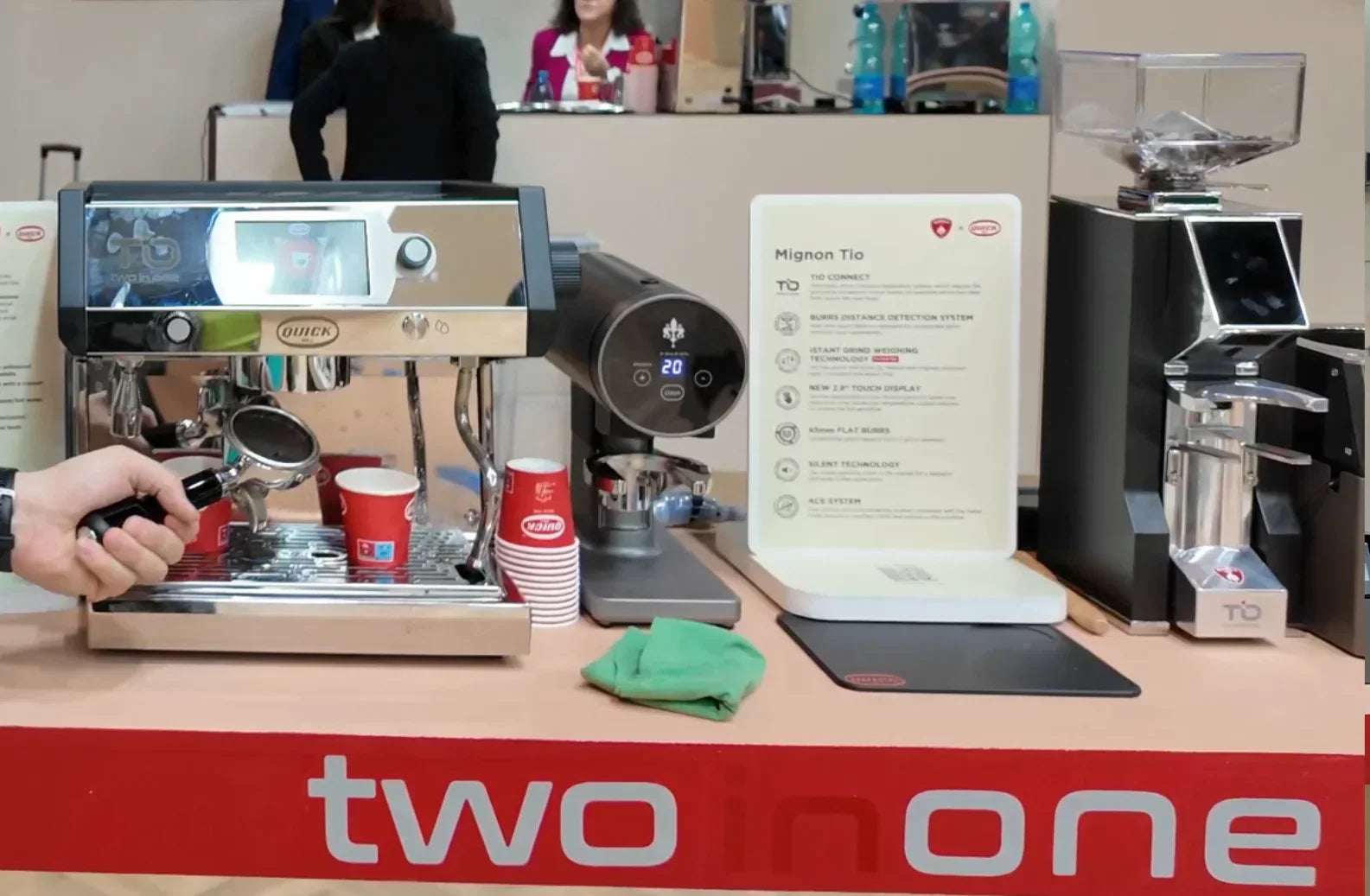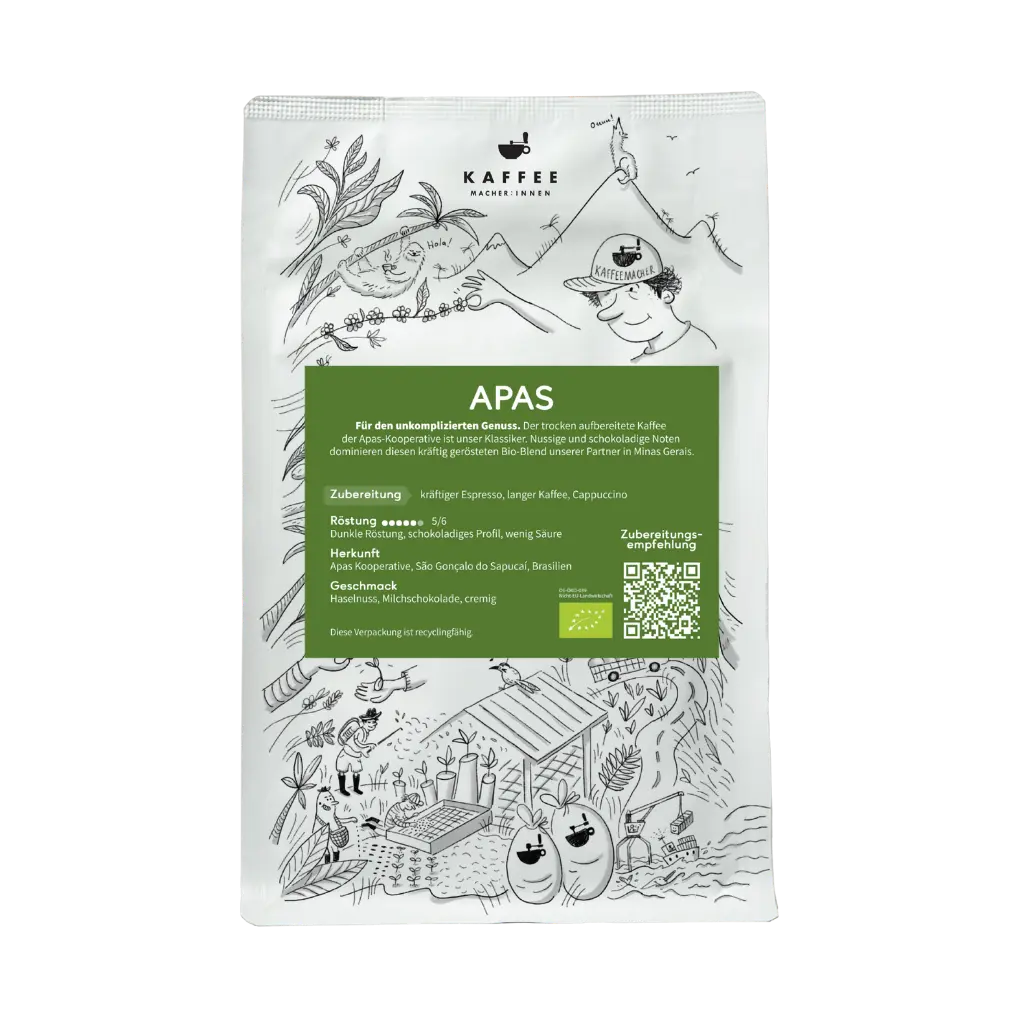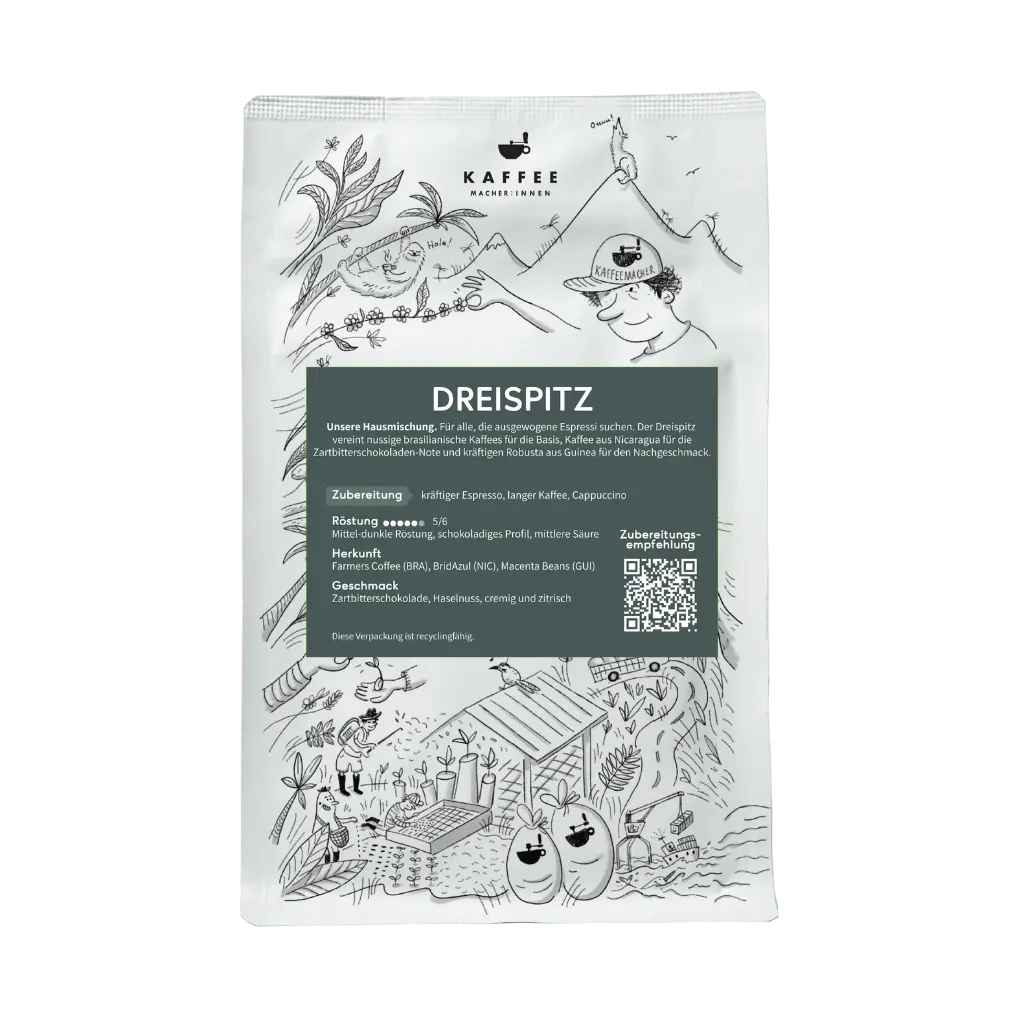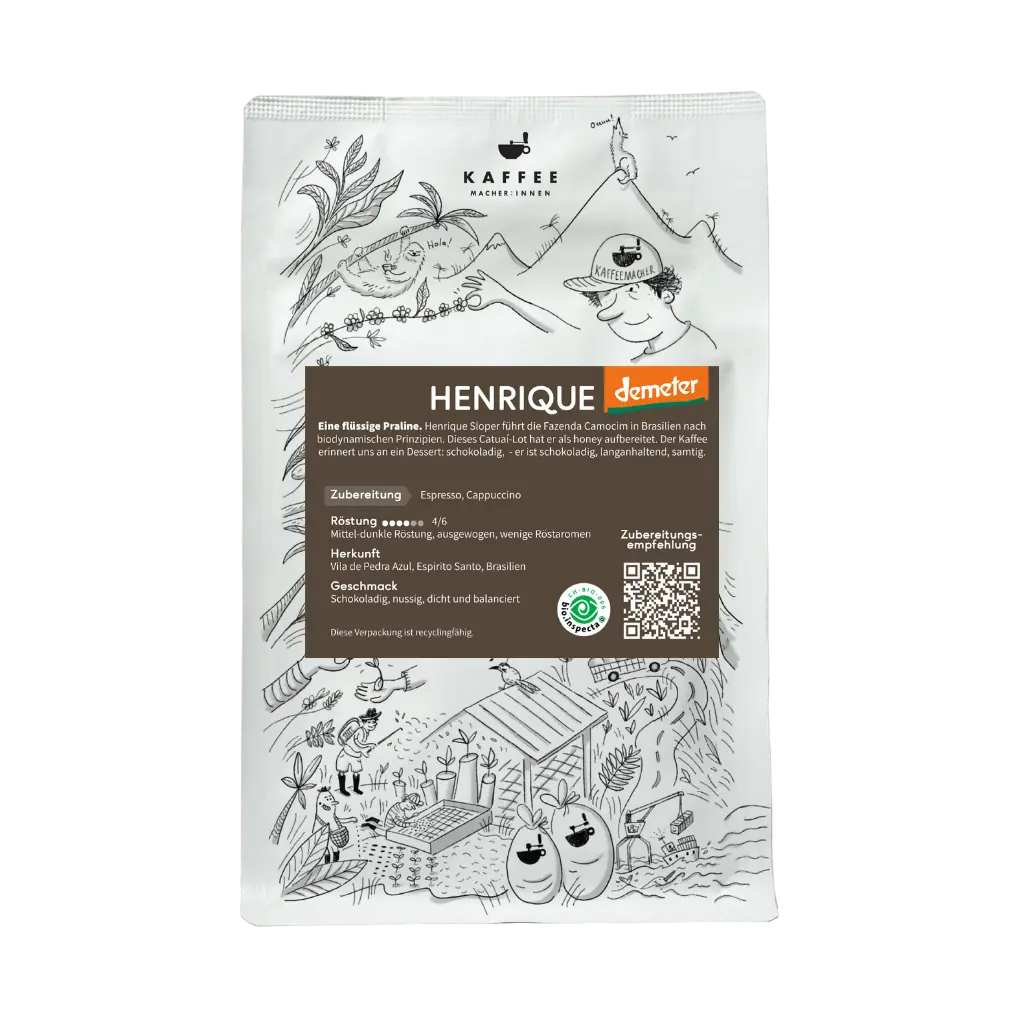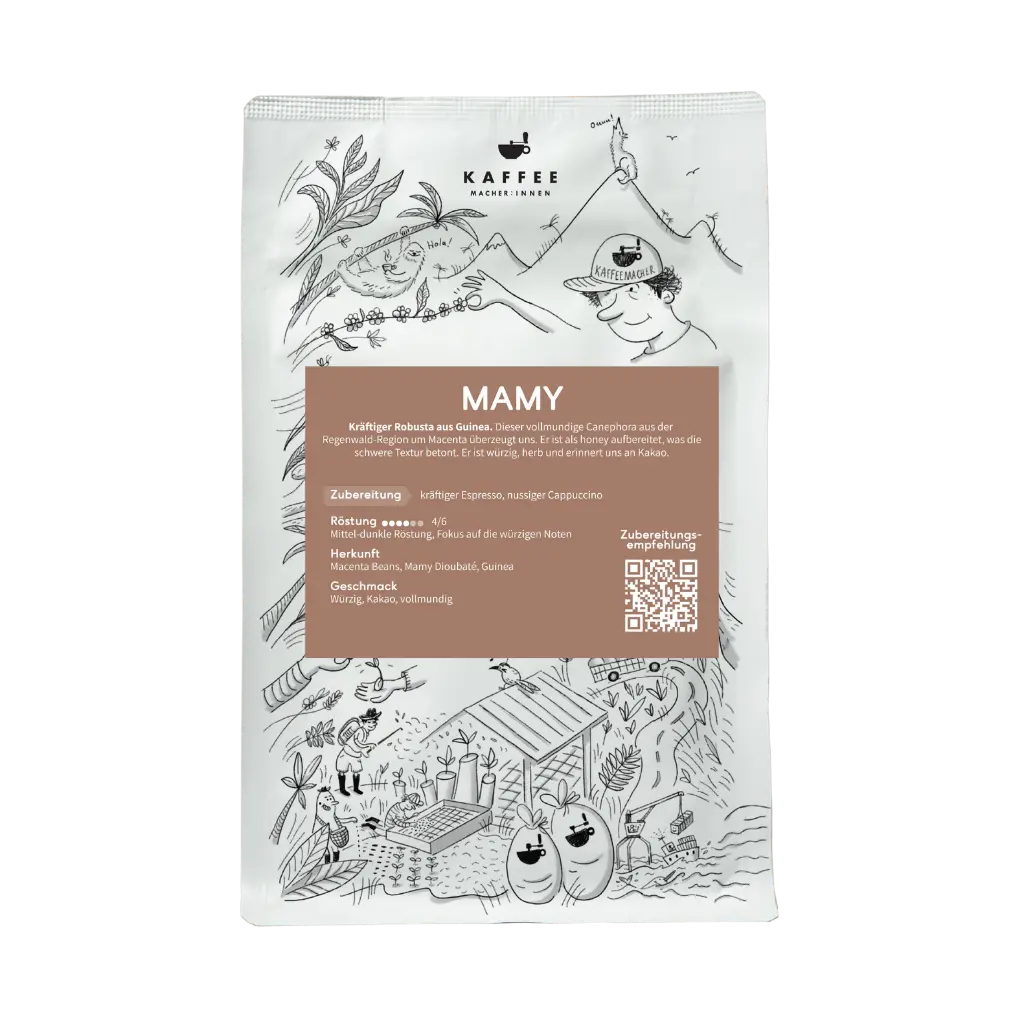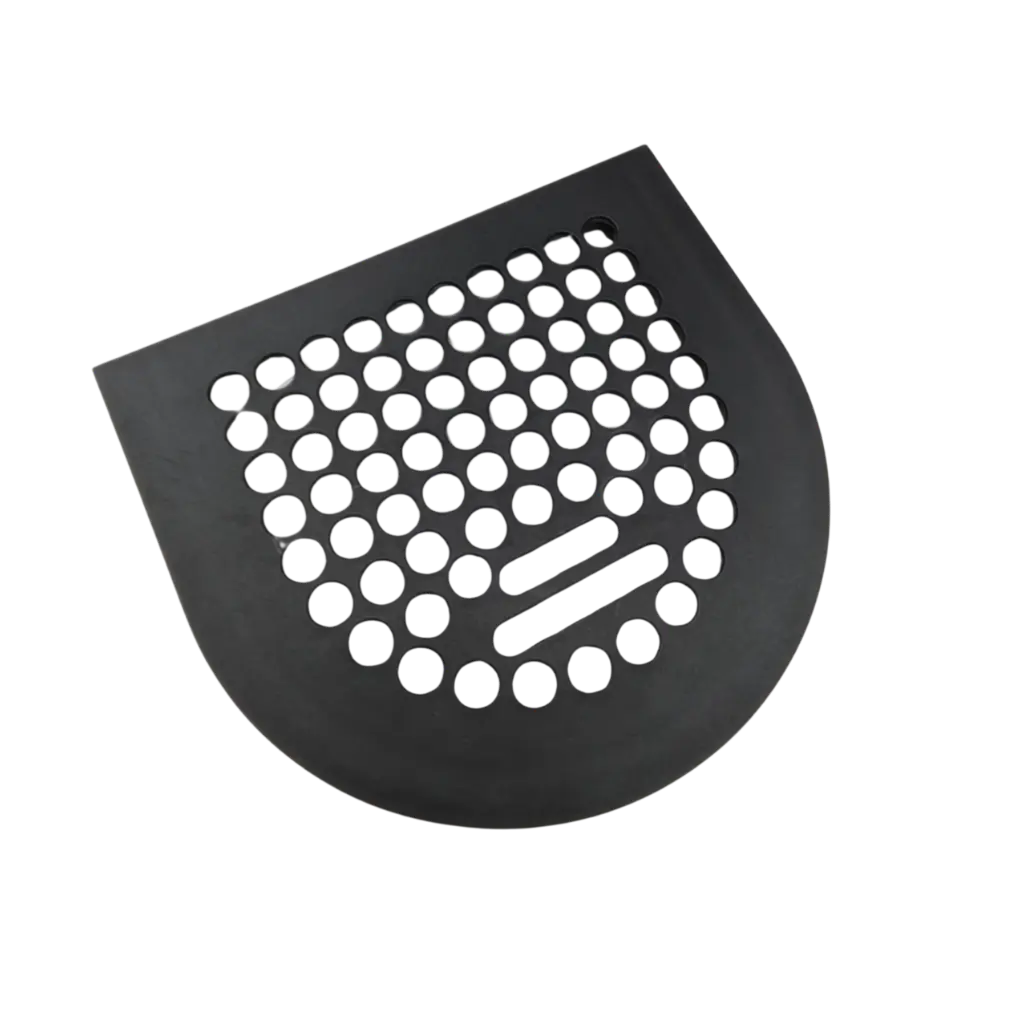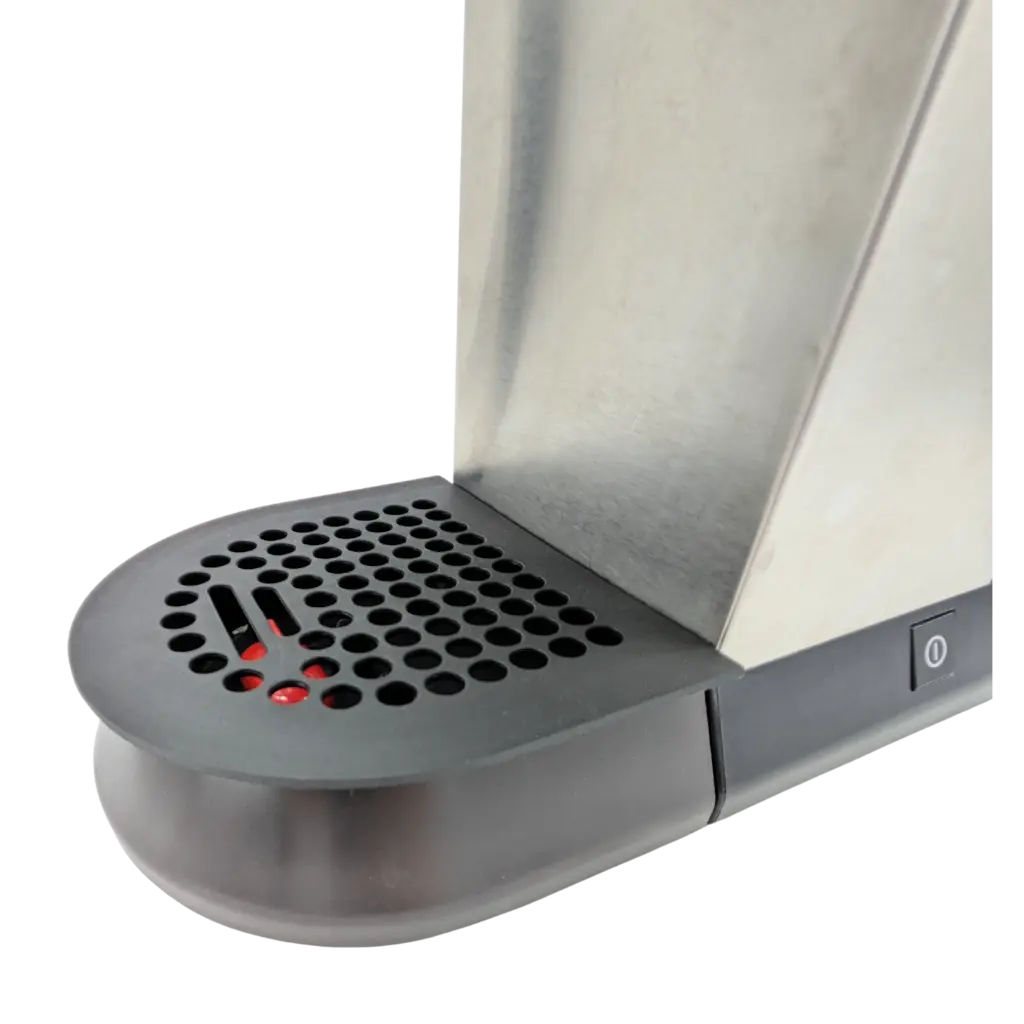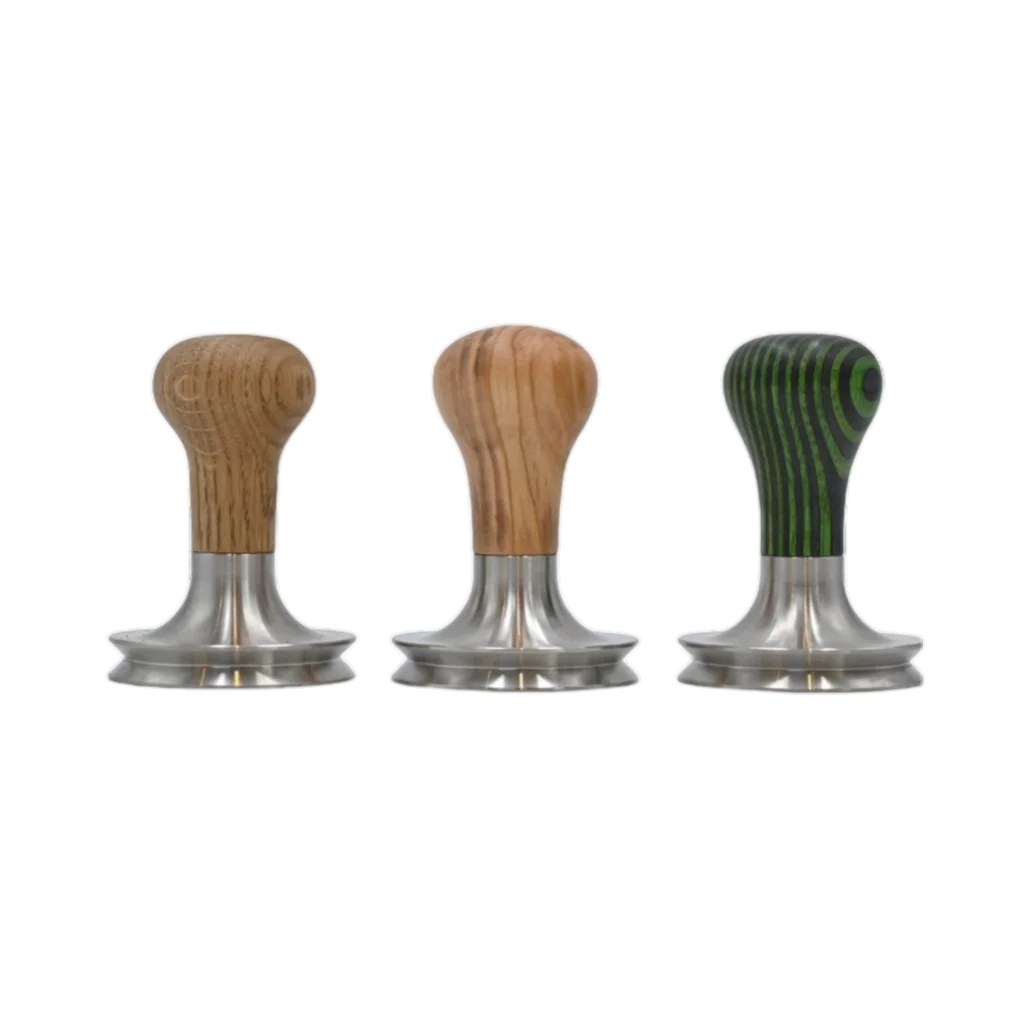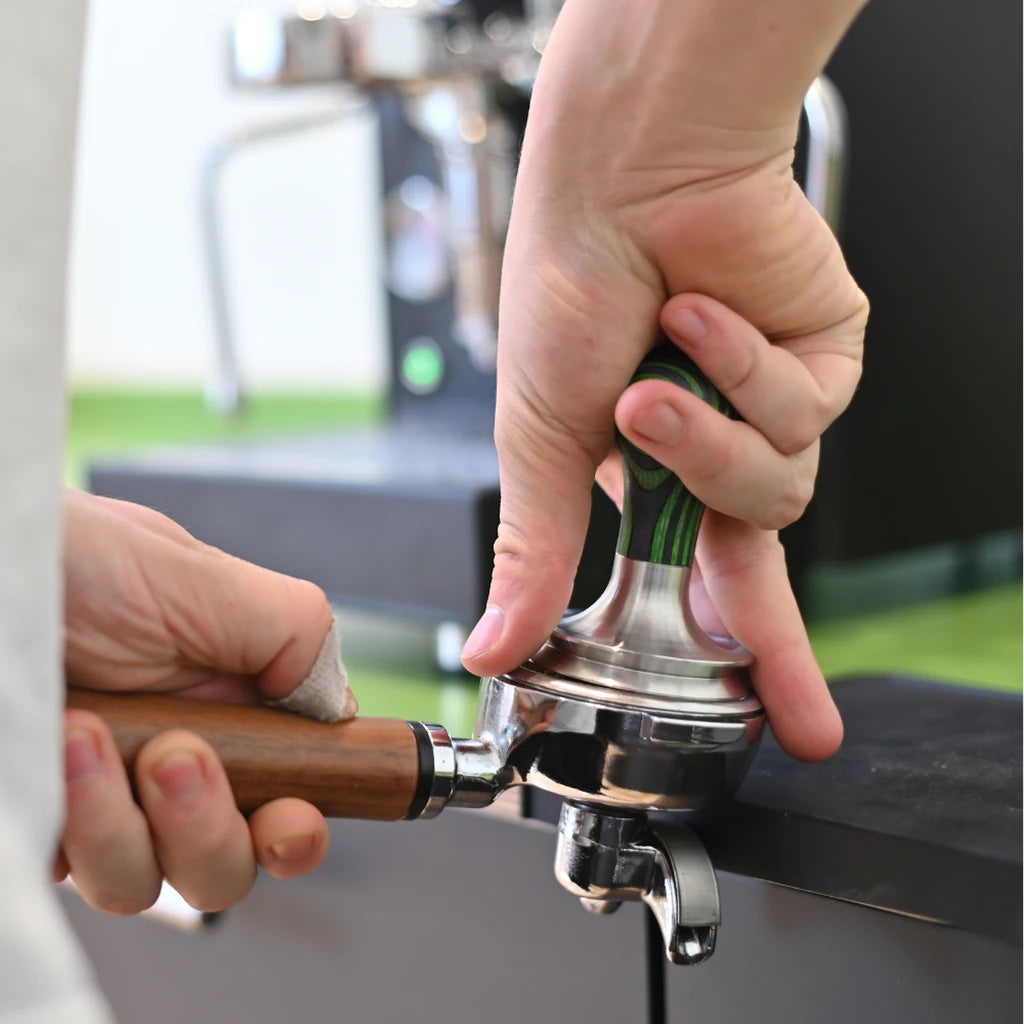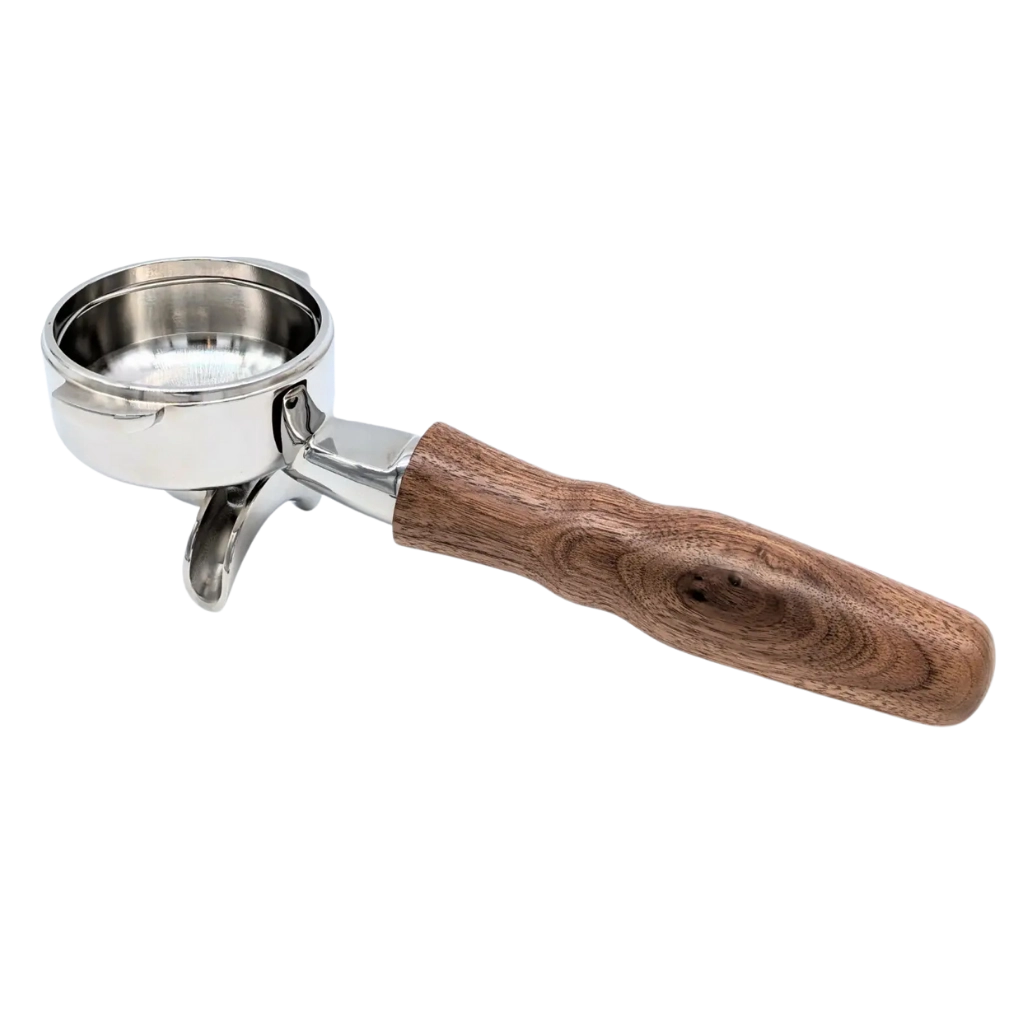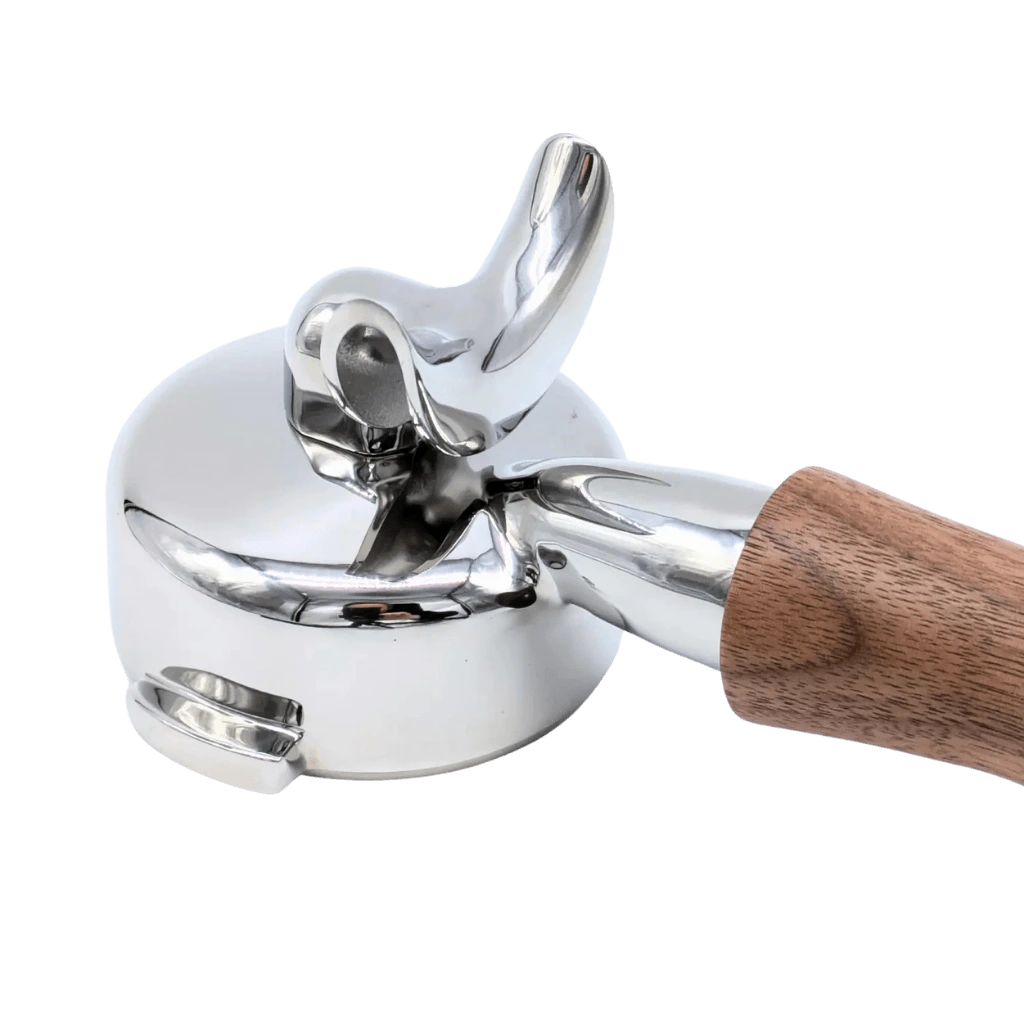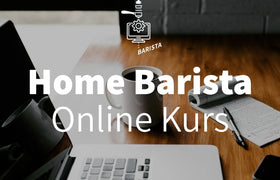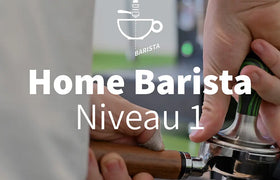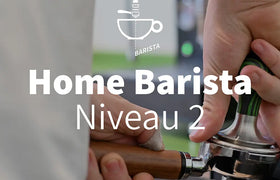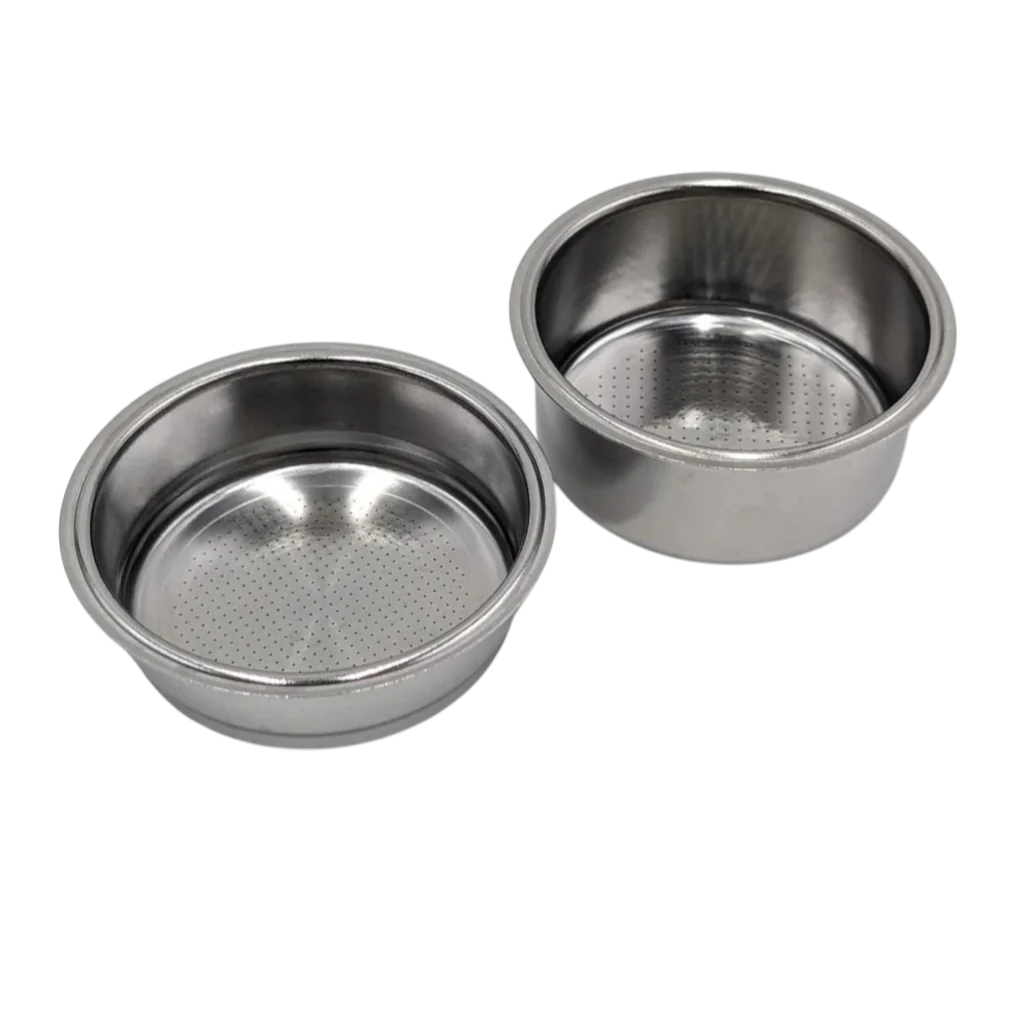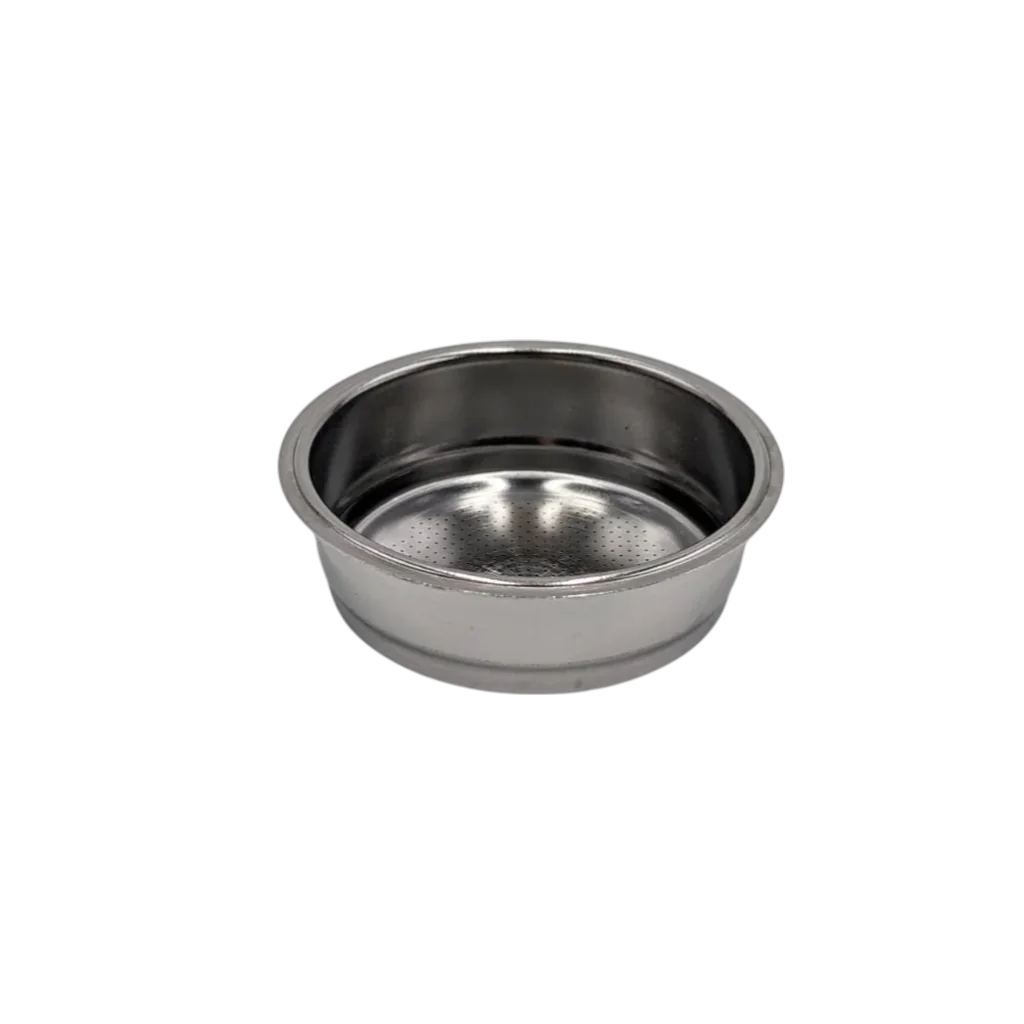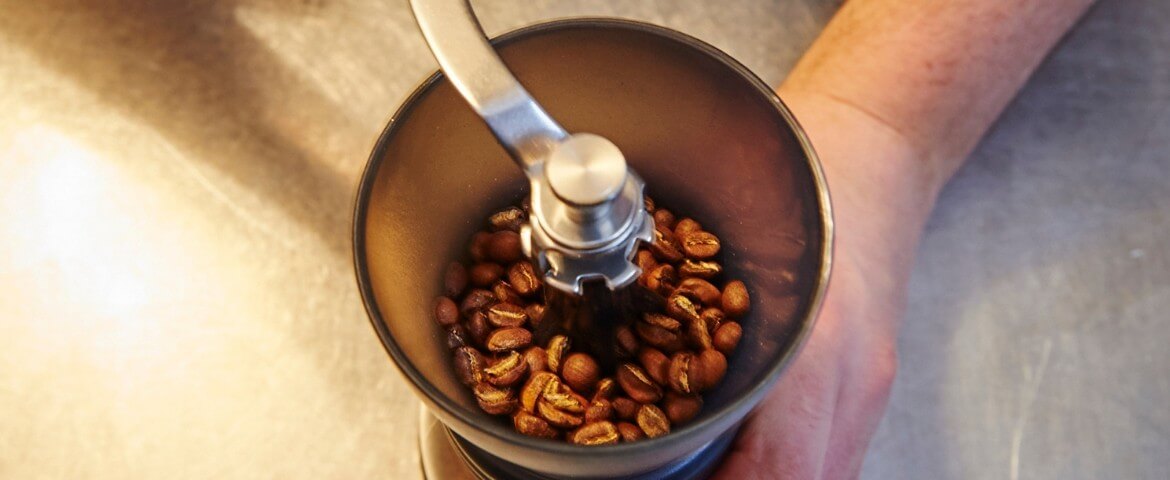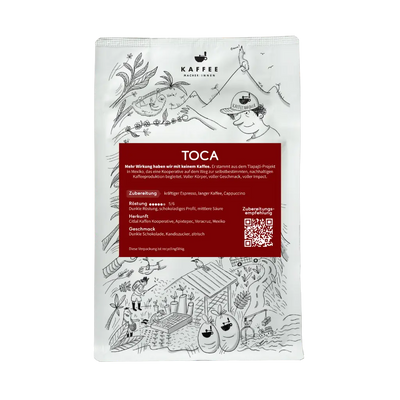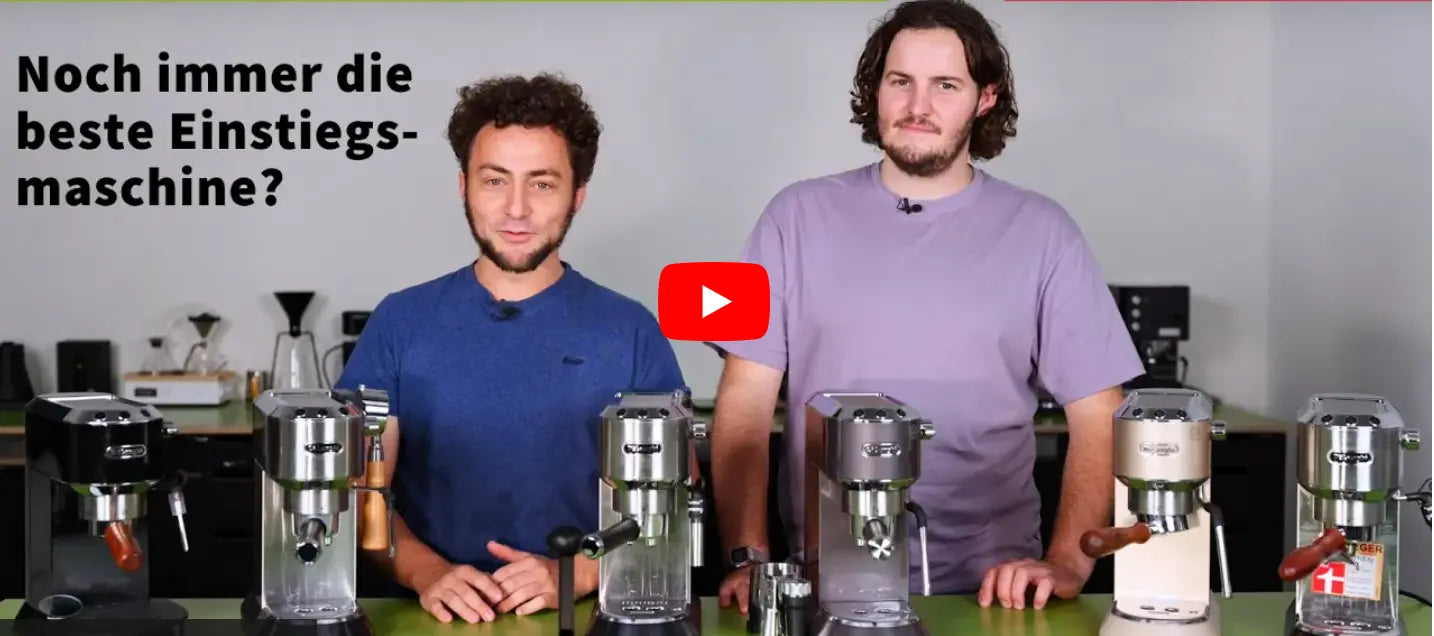How do you spell coffee correctly?
Coffee, coffee or cafe? How is the drink actually spelled? It's a complicated word that has a lot of potential for typos and confusion. What is certain is that coffee (with two “e’s”) is the generic term for the black drink that we all love so much. Caffeine is derived from this but loses an “e”. No more language confusion: put the dictionary on the table and off you go.
Spelling mistake or not entirely wrong?
Coffee means both the drink and the beans or powder from which it is prepared. The Duden now throws words like “mocha” or “espresso” into the room as synonyms. However, it is obvious that these are by no means synonymous and certainly not the same in terms of taste or preparation. Anyone who orders an espresso but receives a filter coffee would certainly not accept this definition. These words are more like subspecies of the generic term “coffee”.
Coffee is also the core of the fruit of the coffee plant. This is processed in the country where it is grown, dried, roasted, ground and then made into a drink. Scientifically, this kernel is called “Coffea”. This is probably where the root of the “C” in “café” and similar words lies.
Coffea Arabica and Coffea Canephora (Robusta) are scientific names of the varieties of the coffee plant.

Caffè, café and coffee shop
“Caffè” is the Italian translation of coffee. Since coffee is as much a part of the Italian way of life as gesticulating while speaking, many people associate the drink with this beautiful country. By the way, if you order a “caffè” there, you will receive a short, concentrated caffeine experience that the Germans, Swiss and Austrians call “espresso”.
“Café” is a French word that has found its way into the German language over time and is used there as a synonym for a coffee house. Nobody can have anything against that. Wasn't the "café" the place where educated intellectuals came to exchange ideas about art, literature and philosophy and rehash, excuse me, hatch the foundations of the French Revolution?
“Coffee” is the English variant. However, a “coffee shop” can cause confusion in some countries. So in the Netherlands you will probably not get espresso or mocha in such a shop, but rather legally sold drugs.
Colloquial language, dialect and real mistakes
Language is changeable and alive. So there is nothing wrong with “Kaffi” “Kafe” or even a Turkish “Kahve”. This little digression shows that there are many ways to reach your destination and that our favorite drink, served warm and comforting, has the potential to promote tolerance and international understanding.
